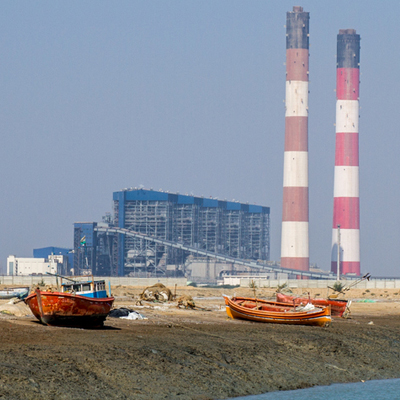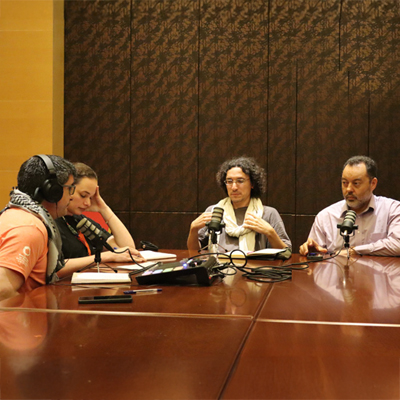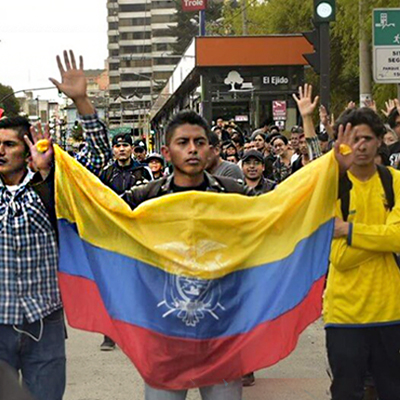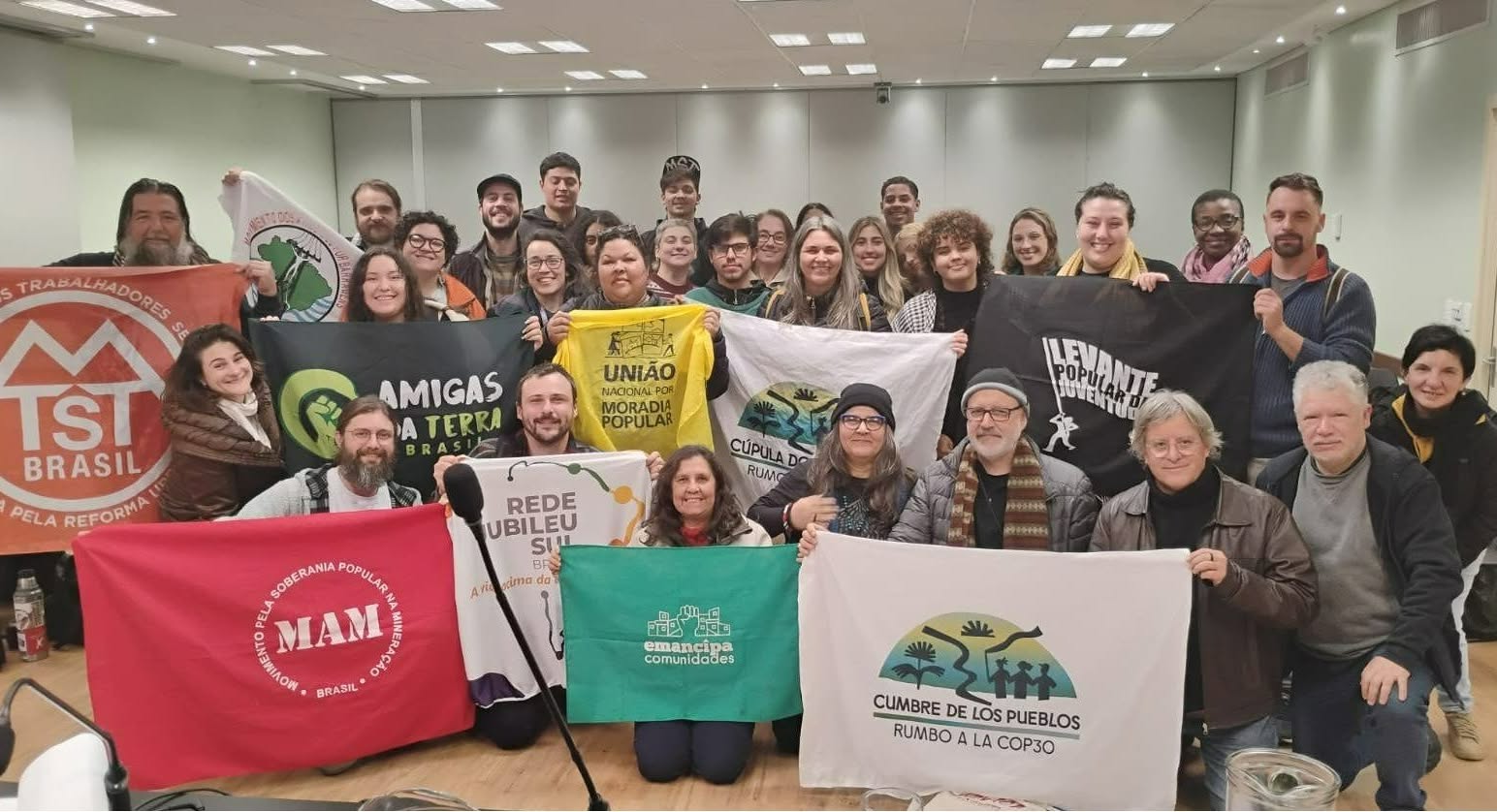Global Week of Action against UPOV comes to an end
Interview with GRAIN researcher, Kartini Samon
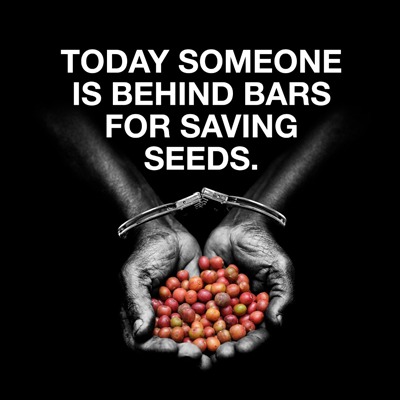 Photo: GRAIN
Photo: GRAIN
“Today, peasants and farmers are facing extreme threats from the privatisation of seeds by intellectual property laws. In addition, seed marketing laws ban local and indigenous varieties which don’t fit the industrial model, restricting access and circulation. One institution is at the heart of this: the International Union for the Protection of New Varieties of Plants (UPOV).”
Hence the call for a Global Week of Action against UPOV that started on 2 December and is coming to a close today, which was signed by more than 300 organisations from all over the world.
UPOV is an intergovernmental organisation based in Geneva, Switzerland, established in 1961 by the International Convention for the Protection of New Varieties of Plants (“UPOV Convention”). Its founders were UK, France, Germany, Netherlands, Denmark and Sweden with dozens of other countries joining since the 90s. Around this time, countries from the Global North started to force countries into becoming members of UPOV if they wanted to join the World Trade Organisation (WTO) and be a part of different Free Trade Agreements (FTAs).
Nowadays, the European Union is leading applications for plant breeders’ rights, followed by the rest of Europe, North America and Latin America, according to data from UPOV´s website. Just three countries in the world completely resist UPOV: Bhutan, Venezuela and Cuba.
Peasant and agroecological movements denounce and oppose this scheme – that began with the creation of UPOV – to rob communities of their rights over seeds, in favour of corporate control.
Real World Radio interviewed researcher Kartini Samon from GRAIN to interrogate these issues. GRAIN was one of the Conveners of the Global Week of Action against UPOV.



